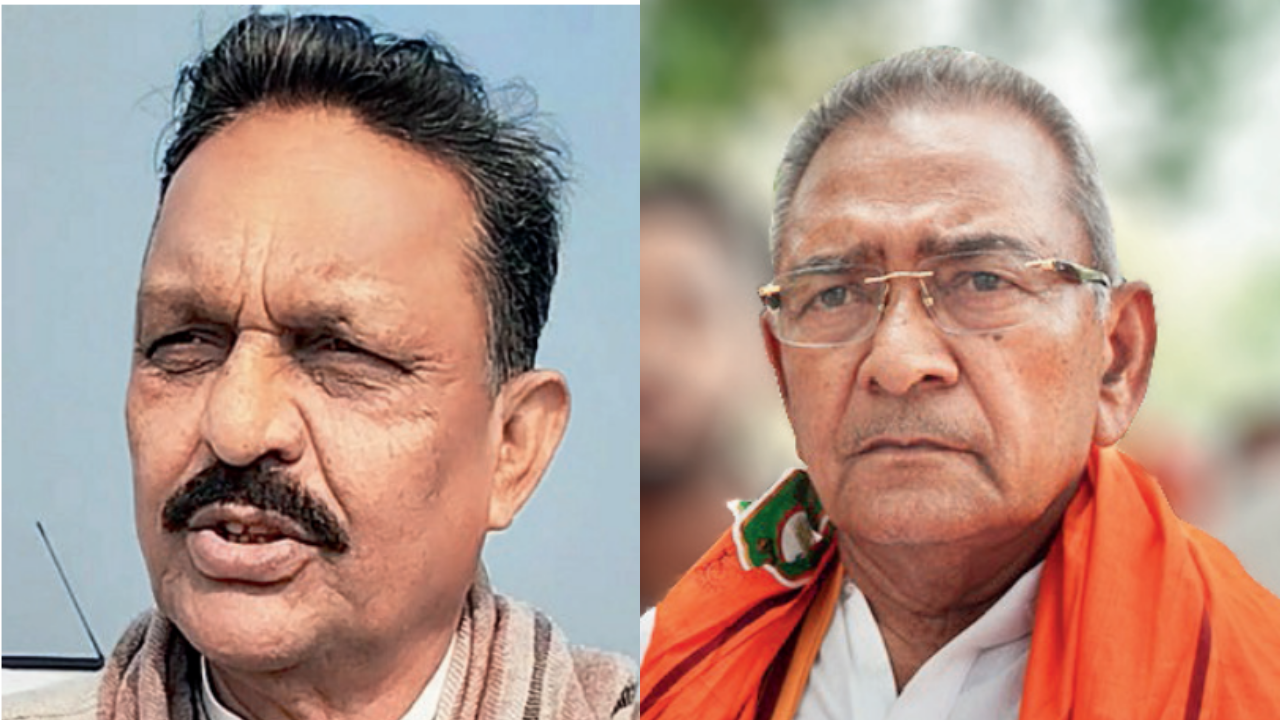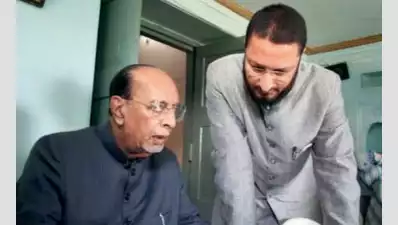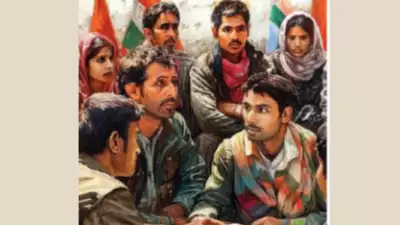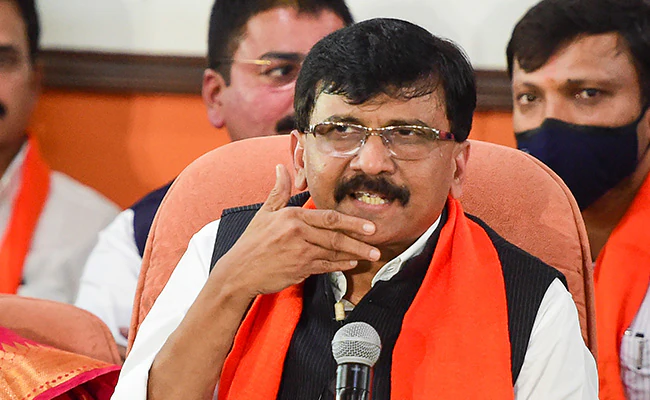Ghazipur, a district in eastern Uttar Pradesh, first gained national attention in 1962, but for reasons far from commendable. At the time, Congress MP Vishwanath Singh Gahmari highlighted the district’s extreme poverty and backwardness in Parliament, prompting the government to establish the Patel Commission to investigate and recommend solutions. Despite the commission submitting its report in 1964, its recommendations were never implemented, and Ghazipur’s issues became a mere topic of discussion among political parties.
Six decades later, Ghazipur is once again in the spotlight, this time due to its association with the notorious gangster-politician Mukhtar Ansari, whose influence persists even after his death two months ago. Mukhtar’s brother, Afzal Ansari, the sitting MP, is seeking re-election as a candidate of the INDIA bloc on the Samajwadi Party’s ticket. In his campaign speeches, Afzal frequently mentions Mukhtar’s death, alleging that his brother was poisoned in jail and urging voters to retaliate against their “oppressors” by ensuring his victory.
Afzal faces significant challenges in his re-election bid. He was convicted by a Ghazipur MP-MLA court under the Gangster Act and sentenced to four years in prison. If the Allahabad High Court upholds this verdict, he will be disqualified from the election. As a precaution, Afzal’s daughter, Nusarat Ansari, has filed her nomination as an Independent candidate from Ghazipur. Afzal, who previously won from Ghazipur in 2004, focuses his campaign on issues like inflation and unemployment but heavily relies on the narrative surrounding Mukhtar’s death.
Political analyst Shrikant Pandey attributes Afzal’s popularity to a combination of factors, including a sympathy wave and effective campaign management, bolstered by the support of the Samajwadi Party’s vote bank. Despite their influence, the Ansaris have faced formidable opposition from BJP’s Manoj Sinha, who won in 1996, 1999, and 2014. Sinha, known for his development projects, earned the nickname ‘Vikas Purush’ (development man) in the constituency.
After losing to Afzal in 2019, Sinha was appointed as the lieutenant governor of Jammu and Kashmir. This time, the BJP has fielded Parasnath Rai, a close associate of Sinha, who openly credits Sinha for his candidacy. The BJP is campaigning on themes of development and ending “gundaraj” (lawlessness). At an election rally, CM Yogi Adityanath promised that Ghazipur would become a model of good governance and called for strong support for Rai.
Political analyst Sunil Kumar notes that Afzal previously won on a BSP ticket, maintaining influence over the BSP cadre, complicating the campaign for the BSP candidate, Umesh Singh. Many voters recall the development efforts during Sinha’s tenure from 2014-2019, which stalled after 2019. Afzal has attributed this to his party’s lack of power.
The SP is optimistic due to favorable caste-community dynamics. Among the 2.07 million voters in Ghazipur, Yadav and SC voters number over 350,000 each, while Muslim, Thakur, Bind, and Kushwaha voters each exceed 150,000. Brahmin and Vaishya voters each number over 100,000. However, BJP functionaries argue that with Mukhtar gone, people who previously voted for the Ansaris out of fear will now vote freely.
Ghazipur’s upcoming election on June 1 will not only determine the fate of its candidates but also chart the district’s future path.




